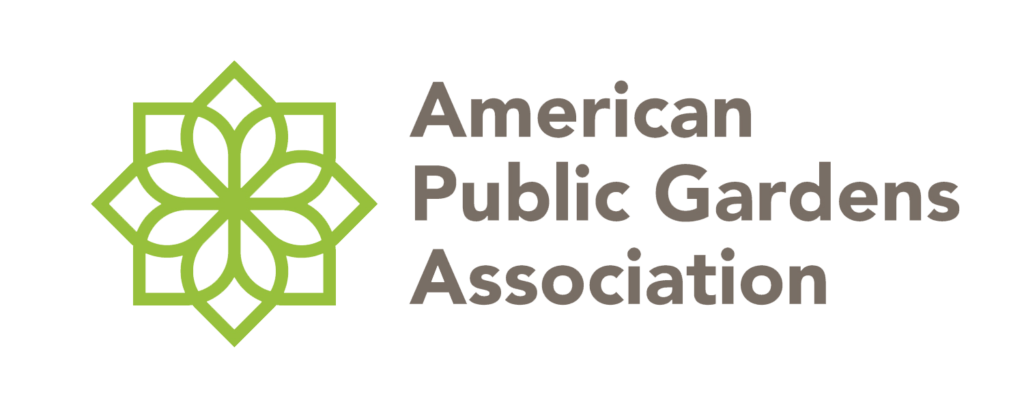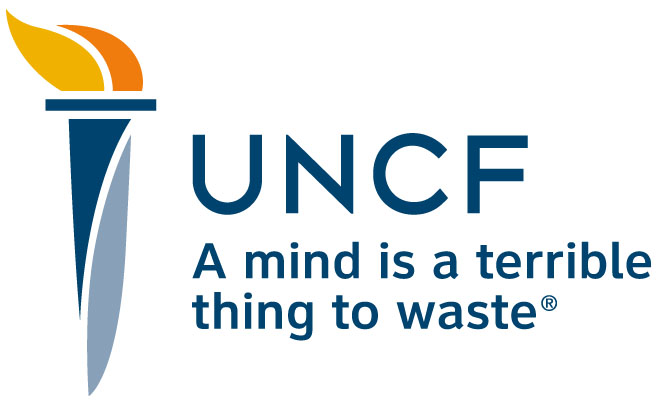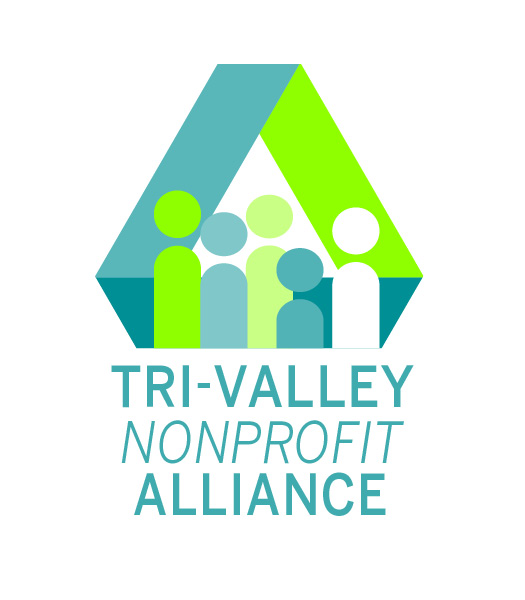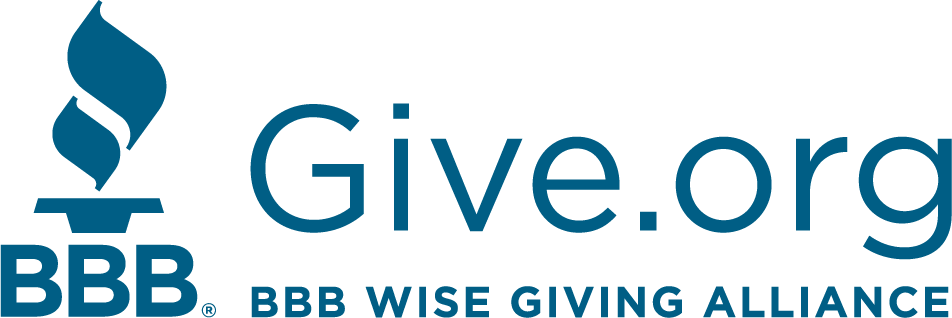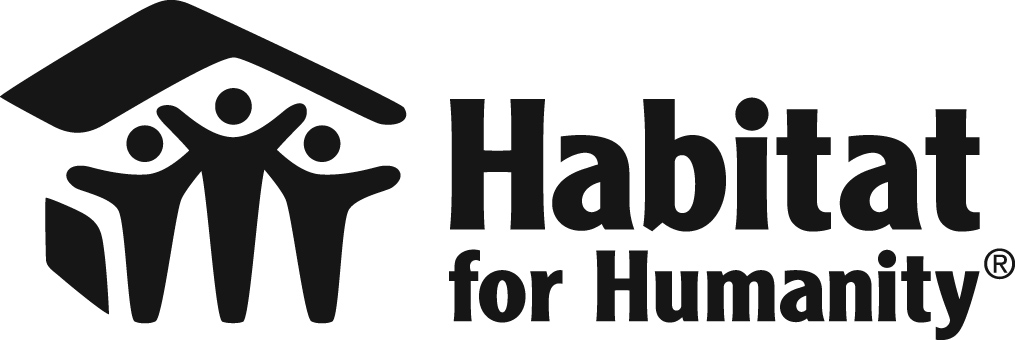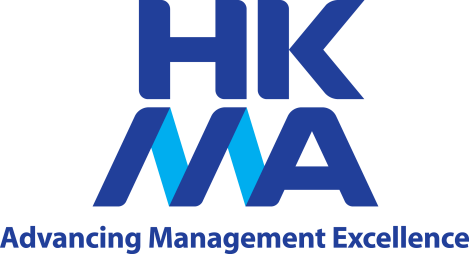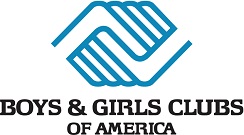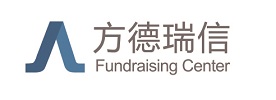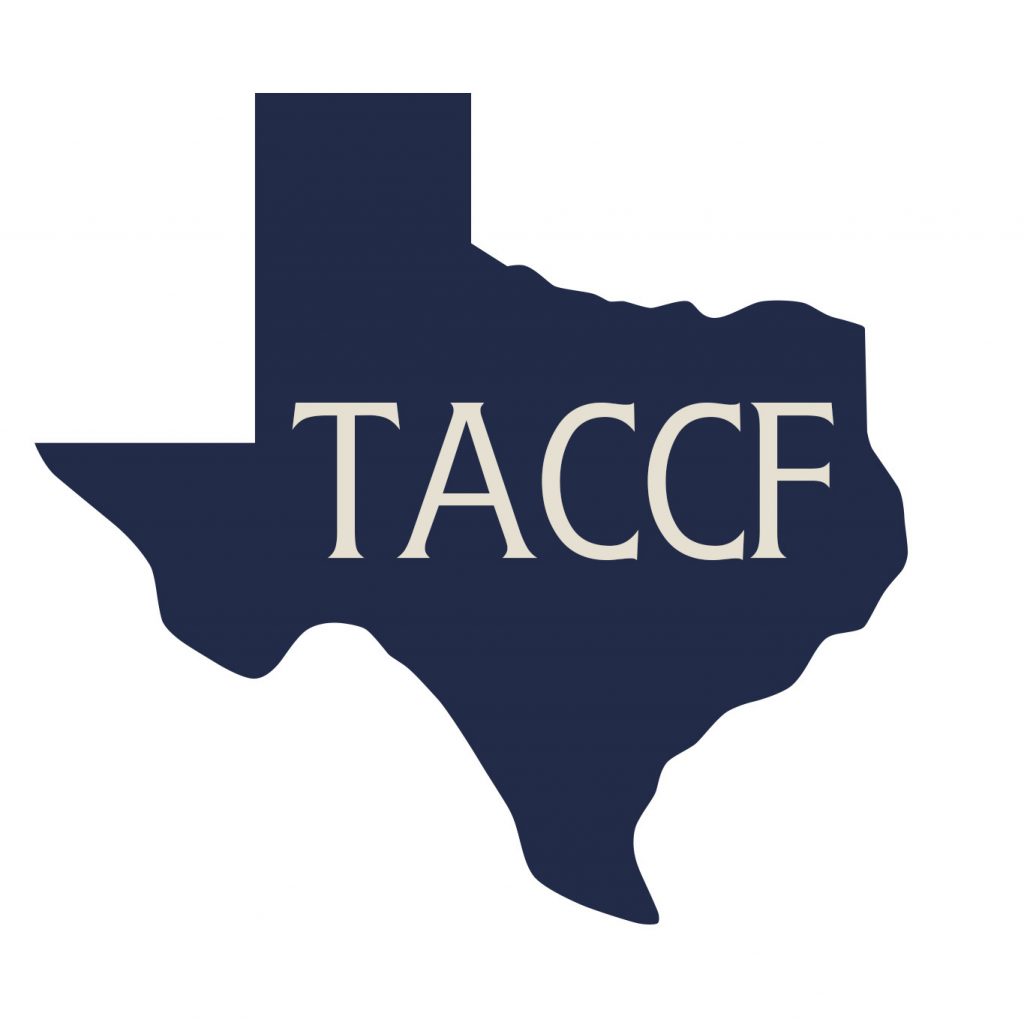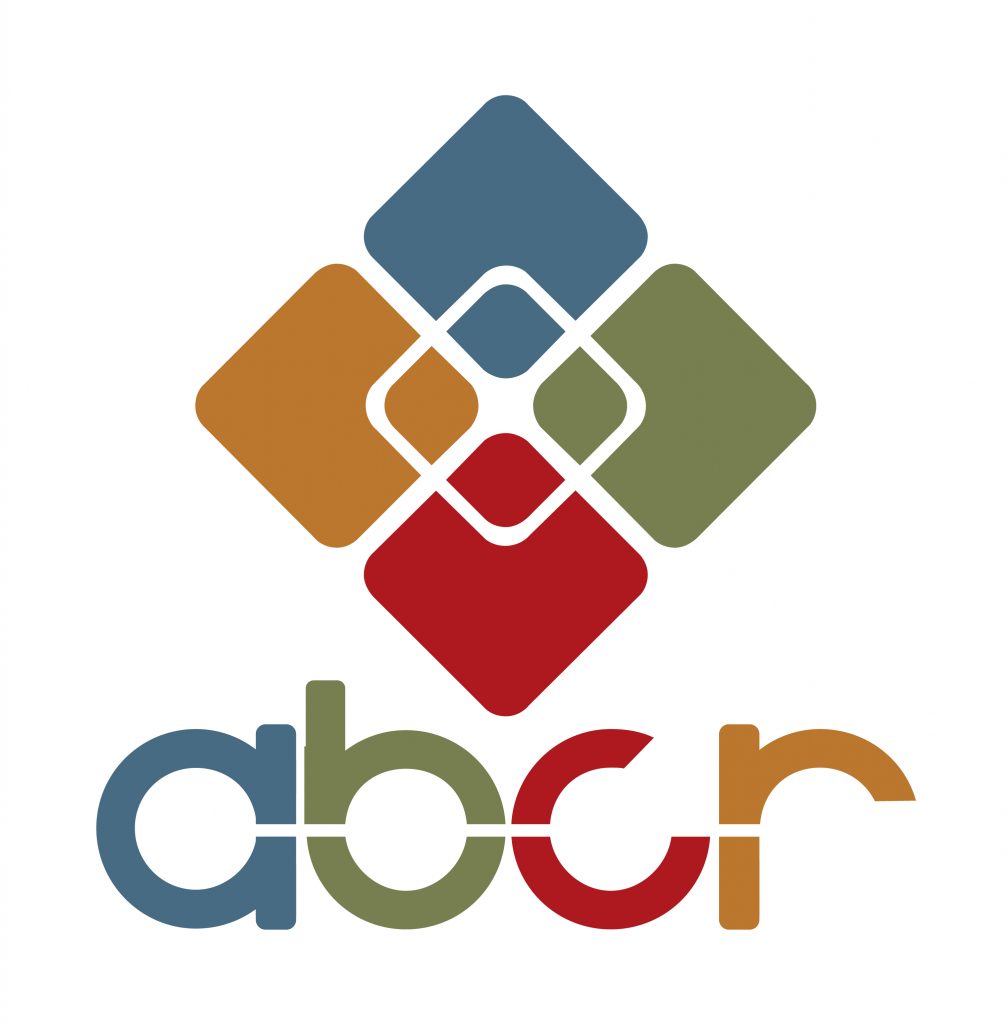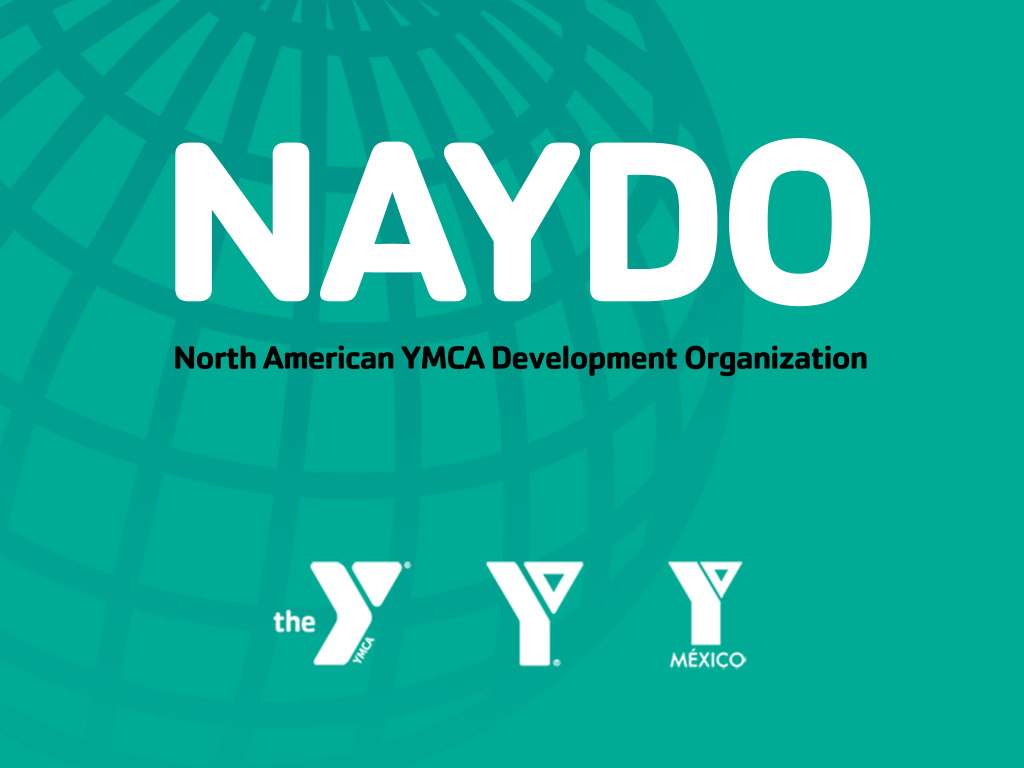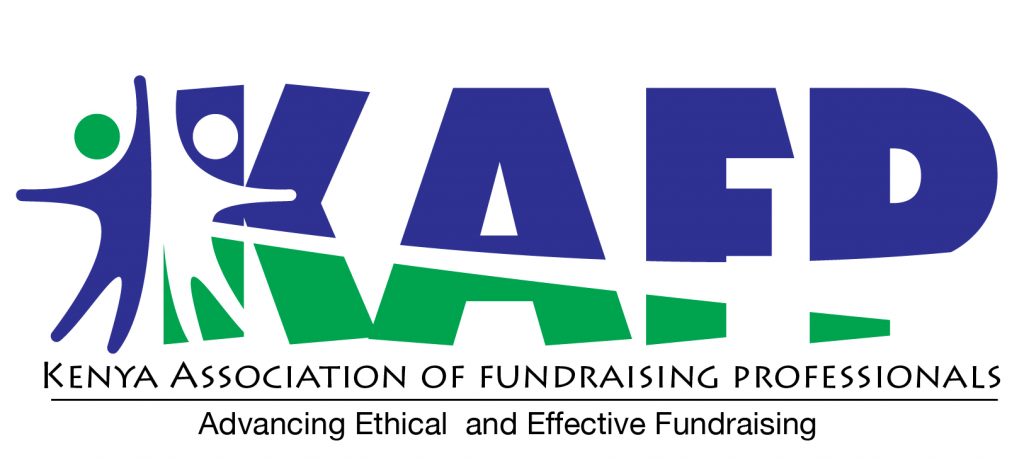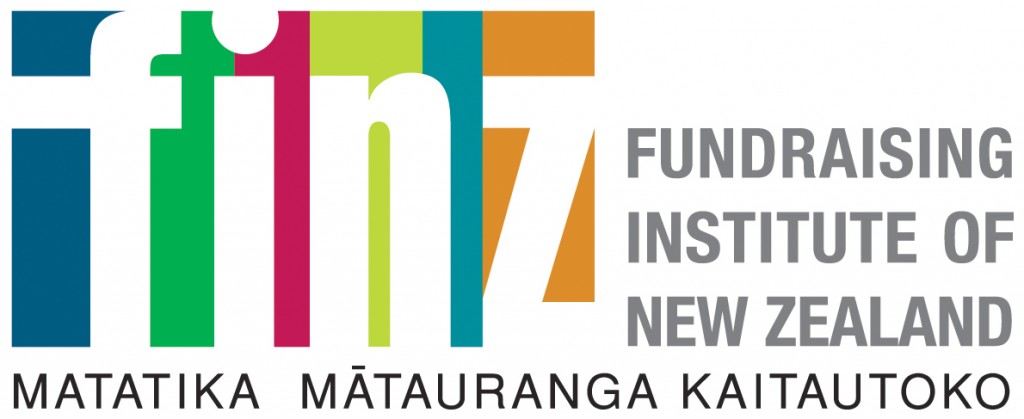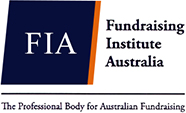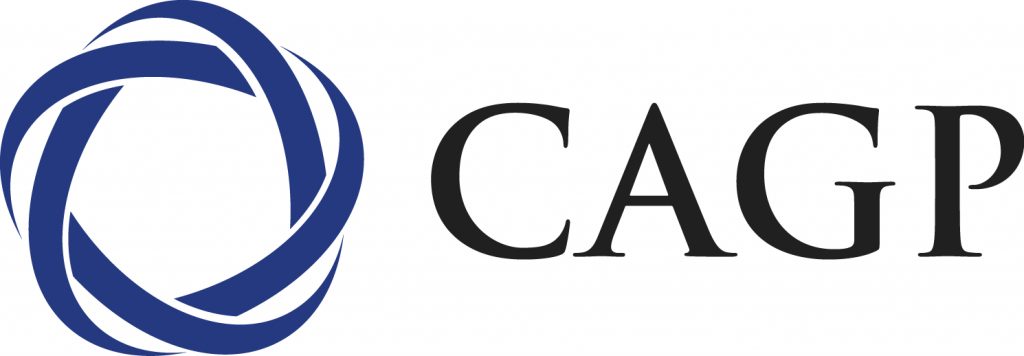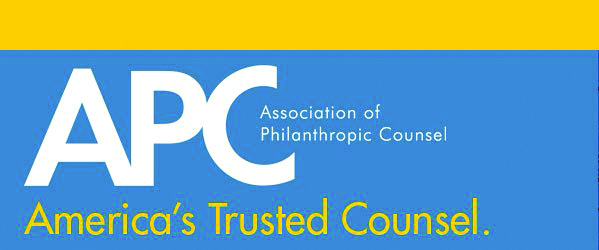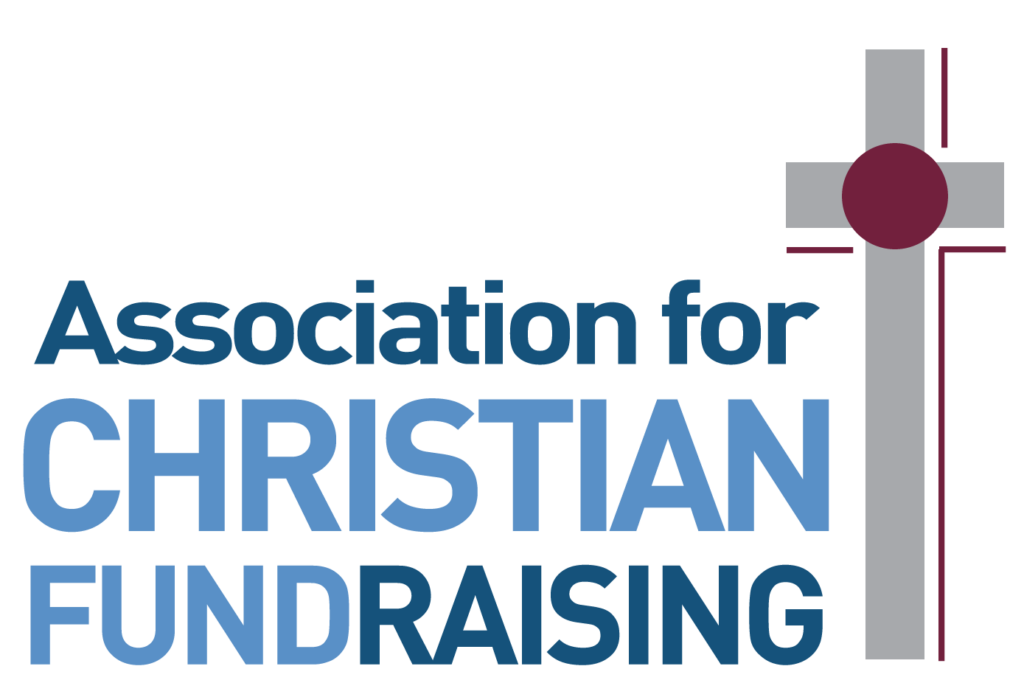 CFRE certificants often report earning the credential was a game-changer for their career—boosting their credibility, earning potential, and competitive edge in the job market.
CFRE certificants often report earning the credential was a game-changer for their career—boosting their credibility, earning potential, and competitive edge in the job market.
However, it’s not uncommon for fundraising professionals to fear the CFRE Exam.
Whether it’s general test anxiety or feeling out of practice at not having taken an exam for years, their test reluctance stops them from enjoying the cadre of benefits that come with having those four letters after their name.
If CFRE Exam anxiety is causing you to put off pursuing certification, Jack Alotto, CFRE, who runs an online CFRE study group, has words of wisdom for you.
Jack, when it comes to the CFRE Exam, what are the common fears people have?
Stress around the CFRE Exam comes in two forms—fear of failing the test and test anxiety. Both are normal and can be overcome.
Both happen when you think you are unprepared. One way to overcome both is to get PREPARED.
While test nerves are normal, do you ever see people spiral to a point they’re building up the exam to be a near-impossible hurdle to clear? If so, how do you assuage their fears?
Once test anxiety starts to creep into your thinking, it will make itself at home. There are many things we can do to lessen our stress and anxiety when preparing for the test.
Start with the obvious things like exercise, good nutrition, and sleeping well, and by building your knowledge and confidence.
What are your top three tips for being well-prepared?
The best way to build confidence is thorough preparation. Preparation is essential to passing the test. Here are proven strategies to help:
3. Join a study group or form one. Part of my current study group has formed a smaller group to review what I’ve presented the week before; they call themselves the Midwest Mini Group and they meet to present to each other daily (I so love this idea).
 It’s common for candidates to feel out of practice when it comes to studying if it has been years since they last took an exam. I always say that if you could study well at 19, you can study well later in life. Do you believe people become rusty at studying? Or do your study group participants find it easy to get back in the saddle?
It’s common for candidates to feel out of practice when it comes to studying if it has been years since they last took an exam. I always say that if you could study well at 19, you can study well later in life. Do you believe people become rusty at studying? Or do your study group participants find it easy to get back in the saddle?
For many of us, once we leave school, we forget good studying habits and for others we just hate to study and who doesn’t? Our study group participants are no different.
There are several things we can do to make studying for the CFRE Exam more enjoyable.
Think about the best time of day you like to study. Is it in the evening after dinner, when your house is quiet, after the kids are put to bed, or is it everyday at lunch?
For me that’s mornings. After a restful night of sleeping, my mind is ready to start working. Whatever time is best for you, that’s when you should be studying.
Make studying less boring by using rewards; study a particular domain for an hour then reward yourself. I love ice cream sandwiches. That’s my reward when I complete a task. How do you reward yourself after you complete a task?
Studying is most effective when it is a habit—not something you do with whatever free time is left over in your week. What advice do you have to make studying a habit?
When you repeat something over and over again, you create a habit. Here are several ways to make studying a habit.
First, understand why you want to make studying for the CFRE credential a habit—you want to achieve the CFRE credential; put it on your calendar.
When you put it on your calendar, it becomes routine; remember to reinforce your study habits by giving yourself a reward after you complete a particular domain and don’t forget to pair studying with something you like to do.
Which tools/methods do participants in your study group find to be most useful?
Several participants memorize the definitions for many fundraising concepts. My advice is to use the what, when, how, and why system for understanding key fundraising concepts.
For example, Rosso’s Concentric Circles: What are Rosso’s Concentric Circles? When do you use it? How do you use it? And why do you use it?
Go beyond just memorizing definitions and understand the what, when, how, and why of key fundraising concepts.
CFRE International has given us insight into how to be successful when taking the CFRE Exam. In the CFRE Exam Compass Study Guide, it outlines test-taking strategies. At the beginning of every study group, I review these strategies and often repeat them.
You are a staunch believer in the power of positive affirmations. Why are they important when preparing for the CFRE Exam and how do you recommend candidates use the power of affirmation?
I believe in the power of positive affirmations. Reminding yourself you are competent, confident, powerful, and capable of studying and that you are going to achieve your CFRE credential is a great way to reduce test anxiety, motivate you, and put you on the road to success.
Make it mental and physical. When I say a positive affirmation, I touch my index finger to my thumb. This creates a neural pathway and that helps me achieve my goal.
Here are some positive affirmations:
- I will study for my CFRE Exam every day.
- On test day, I will be a CFRE certificant by the end of today.
- I will be surprised at how easy it is for me to answer the exam questions correctly.
- I am grateful that I have enough time to answer all questions.
- I will PASS this test.
- I am excited and happy to reach this CFRE goal.
- This is just a test and not a definition of who I am.
There are many positive affirmations. Be sure to create your own.
You also have a useful life hack called “pairing.” What is it and how can candidates use it in the context of CFRE Exam preparation?
Pairing is where you do things you might not like with things you like to do. You can do the thing you like until you complete the task you don’t like. For example, I pair exercise (boring) with playing video games.
Pair your one-hour study time with something you like to do. Pairing is an effective way to get things done.
Any other final pearls of wisdom?
Aside from assessing your knowledge in the Six Knowledge Domains, creating a study plan, rewarding, and pairing to incentivize yourself, you can:
- Be a savvy question reader. Read every word of the question, look for key words, and use the what, when, how, and why system. Then read each answer before answering the question.
- Find another CFRE candidate and become each other’s accountability partner.
- Practice positive affirmations to kick-start your confidence.
- Keep reminding yourself, it’s just a test and not a definition of who you are.
- Practice anxiety-reducing strategies, like deep breathing, a minute of meditation, prayer, or whatever works for you.
Frank Herbert in his great novel “Dune” writes, “Fear is the mind-killer.”
Don’t let your FEAR stop you from achieving your CFRE credential.
Remember, nothing takes the place of persistence—not knowledge, not intelligence, not even great looks.
Stay persistent. At the end of that road is your CFRE credential.
You got this.
